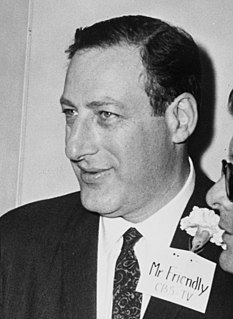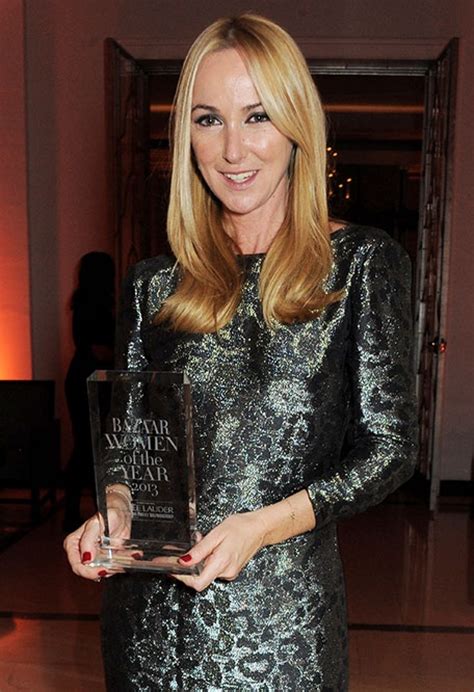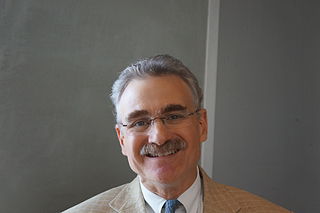A Quote by Paul Saffo
It's interesting to see the lament of each generation overwhelmed by the next new tool. I can show you passages from scholars of Germany in the 1480s lamenting the fact that they are overloaded with all this stuff to read because of the printing press.
Related Quotes
The coming of the printing press must have seemed as if it would turn the world upside down in the way it spread and, above all, democratized knowledge. Provide you could pay and read, what was on the shelves in the new bookshops was yours for the taking. The speed with which printing presses and their operators fanned out across Europe is extraordinary. From the single Mainz press of 1457, it took only twenty-three years to establish presses in 110 towns: 50 in Italy, 30 in Germany, 9 in France, 8 in Spain, 8 in Holland, 4 in England, and so on.
To paraphrase president Kennedy's inaugural, the torch has been passed to a new generation of cartoonists and they are doing really interesting stuff, taking the old cliches and breathing new life into them and inventing new ones. This doesn't mean the previous generation of which I'm a charter member isn't doing good stuff but this new material is invigorating everyone.
Things like social media and the Internet, of course, it's not going away. There is no cure for it. And this shouldn't be just like there shouldn't be, you know - it would have been a tragedy if there was a cure for the printing press. I think it's just that it's an amazing tool that we as a - as an animal are just getting to grips with because it's like we've grown a new ultra powerful limb and we're learning how to use it.
I read reviews every time. I read them all. Sometimes they can be very constructive, sometimes not, but it's always interesting to see the opinion of others on what you are doing. Sometimes I am very furious, but I will never say to a journalist, "Please don't come back to the next show." Never. Because I think that's a very stupid attitude. I am very happy when I see the results of the company and when I see people wearing my clothes or my accessories. I think this is the best answer to criticism.
I don't like the fact that we're not creating jobs the way we used to create jobs in Pennsylvania. I lament the fact that we're not setting the table for really robust economic development, here in Pennsylvania, where we can do that. I lament the fact that our schools are being hollowed out. We need a fresh start. I think we need to go in a different direction. I think we need a new governor.
We don’t exhaust the Bible even after reading it hundreds of times. Each time we read it we see it in a new light. That is the greatness of the holy scriptures. They are that way because they were created by holy prophets who experienced the truth. Each time we read these works we elevate ourselves to see a little more. (81)
Filmmaking materials are in the hands of more people now than ever before. I would like to think that the more people have these tools, the more people will learn how to use them, it's another argument I would argue for, personally, for art's education. Because there are kids who aren't that literate in screen language and they've got to know how people select shots, how people edit audio, how people combine things to make what they see on the screen. It would be like the 15th century or the 16th century in Germany, and somebody amends a printing press and you don't know how to read and write.
I have a German friend who works on memorialization. The last generation of Nazis and Holocaust survivors are now dying. So literally, we are threatened now for the first time ever, with memorializing that, with no first-person account of it left on earth. There's a lot of worry amongst scholars in Germany about what comes next: "All the memorialization has been done, we've done with everything we can."
. . . what humanity most desperately needs is not the creation of new worlds but the recreation in terms of human comprehension of the world we have -- and it is for this reason that arts go on for generation to generation in spite of the fact that Phidias has already carved and Homer has already sung. The creation, we are informed, was accomplished in seven days with Sunday off, but the recreation will never be accomplished because it is always accomplished anew for each generation of living men.



































